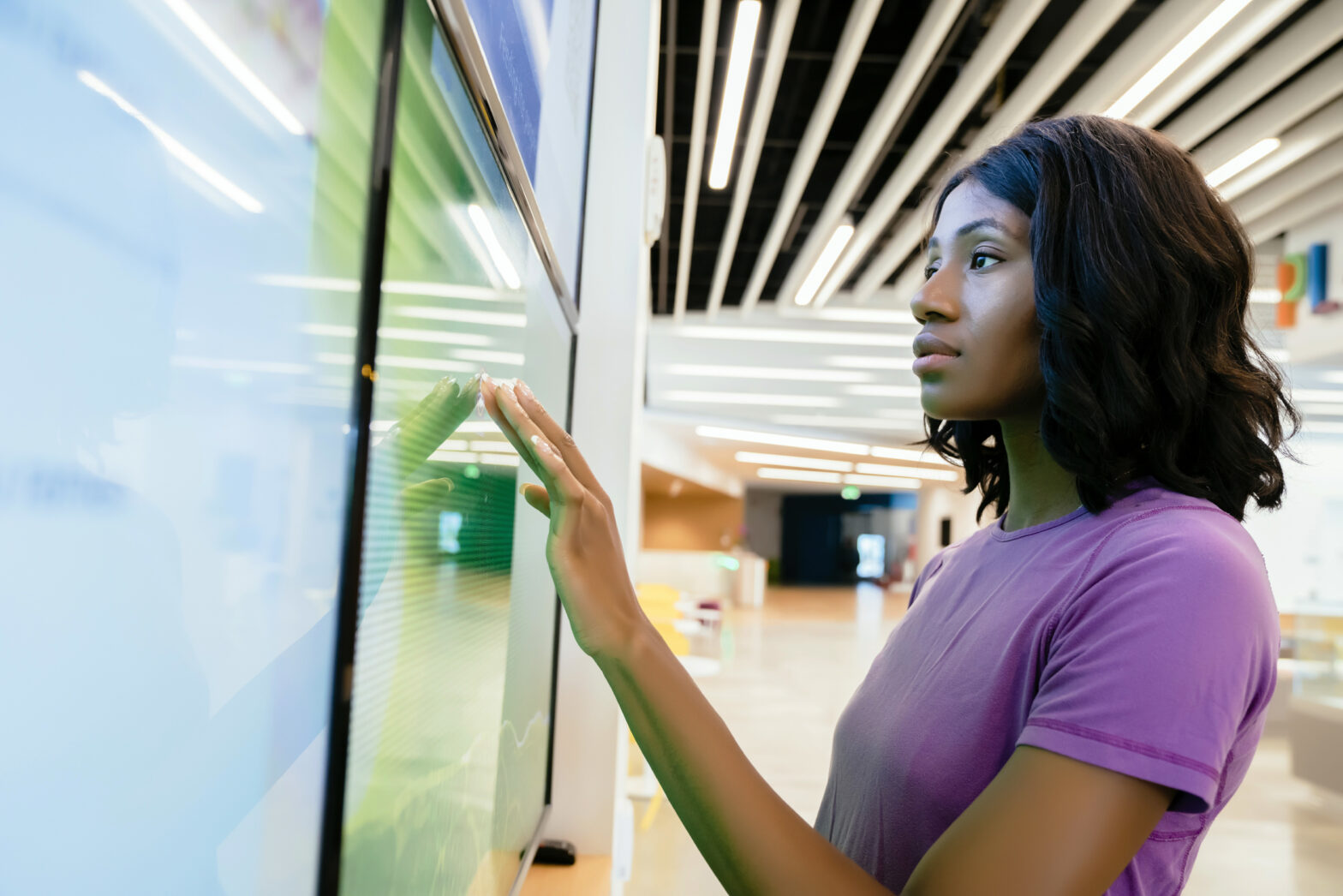With the G20 Argentina 2018 summit set to take place in Buenos Aires, from the 30th of November to the 1st of December 2018, the GSMA, Europe’s leading mobile network operator’s trade body, and W20, the advocacy group, have joined forces to back a series of recommendations to promote digital inclusion for women to close the digital gender gap.
The GSMA is Topic Chair of the Digital Inclusion theme within the W20, which is advising the G20 on issues around gender equality and the economic empowerment of women, supporting the Sustainable Development Goals (SDGs), particularly gender equality.
Mats Granryd, Director General of the GSMA said: “The GSMA has been privileged to help shape the W20 recommendations, which will provide an actionable roadmap for the G20 nations to drive gender equality policies around the world.”
>See also: Tomorrow’s Tech Leaders Today: Inspiring female graduates
At a W20 roundtable in Paris last week, the GSMA chaired the debate between the W20 delegates to set the Digital Inclusion recommendations. Four agreed proposals call on G20 member states to:
1) Collect, track and analyse data on women’s access to and use of digital technologies and on the presence of women in STEM-related courses, careers and in leadership positions;
2) Develop holistic policies that focus on the barriers to women’s access to and use of digital technologies including accessibility, affordability, safety and security, digital skills and availability of relevant content and services;
3) Promote initiatives that drive equal participation of women and girls in STEM studies and digital-intensive work to ensure that women participate and lead in the design, development and governance of digital technologies, as well as entrepreneurs in the digital sector;
4) Ensure that all analyses of the future of work, including education needs and demands for new skills, are performed with a view to gender balance, social protection and job quality.
Granryd added: “These recommendations underline the importance of closing the digital gender gap by removing barriers to access and use, and promoting policies that encourage the digital inclusion of women. We believe this approach will ensure women and girls play a major role in shaping our future digital economies.”
Susana Balbo, Chair of the W20 said: “Ideas and public policies behind technology transform our reality.”
>See also: How do you get more women into the IT industry?
“Bridging the gap between men and women in the digital world, by achieving true inclusion and development in every country, will be at the heart of the W20 recommendations to the G20 – and mobile technologies offer an excellent opportunity to reverse the current inequality.”
This announcement follows GSMA’s research which revealed that women in low- and middle-income countries are 26% less likely than men to use mobile internet.
The percentage of women working in the majority of industries decreased in 2017, particularly in the tech sector, according to the World Economic Forum’s Global Gender Gap Report 2017. The number of women in leadership roles in the tech sector and in tech roles is also lower than in many other industries, and the gender pay gap remains wide.










